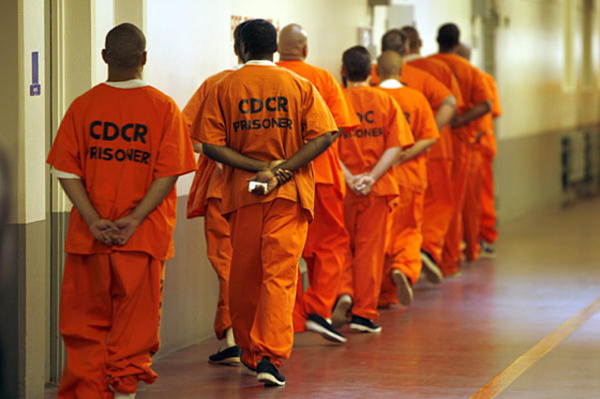15 Years After Columbine, How “Never Again” Became “Oh, Well”

The Article: 15 Years After Columbine, How “Never Again” Became “Oh, Well” by Ben Dreyfuss in Mother Jones.
The Text: On April 20, 1999, two teenagers walked into a suburban high school outside of Denver and shot 13 people to death. The massacre at Columbine was not the first mass shooting in America. It was not the first mass shooting at an American school. Indeed, Peter Jennings began the news that night, “The reaction of so many people today was ‘Oh no, not again.'” But Columbine was different. It became a national trauma in a way the others hadn’t. Yes, it was the deadliest American school shooting on record at the time—though it is no longer—but what really amplified its significance was the fact it was the first mass shooting that played out in real time on television. The shootings began at 11:19 a.m. By noon, local television stations had broken into regular programming with uninterrupted media coverage. Millions of people across the country turned on CNN and watched the story develop.
Here’s how America watched the chaos of Columbine: There were reports of a shooting and it was at a school and the body count began going up and witnesses said they were two shooters with shotguns and rifles and pistols and there had been an explosion across town and it had been a diversion maybe and pipe bombs, something about pipe bombs, and the body count kept rising, and booby traps, and then Clinton gave a speech and then the shooters were in a mafia that wore trench coats and maybe there were more than two and then, no, there were only two and they were dead and the bomb squad finished the initial sweep of the building at 4:45 p.m. and it was over, but not really because then there was the CCTV footage, the witness interviews, the search for motive, they had been bowling, they had been bullied, they had said something about Hitler and they listened to Marilyn Manson and they wanted to one up Timothy McVeigh and What Does It All Mean?














